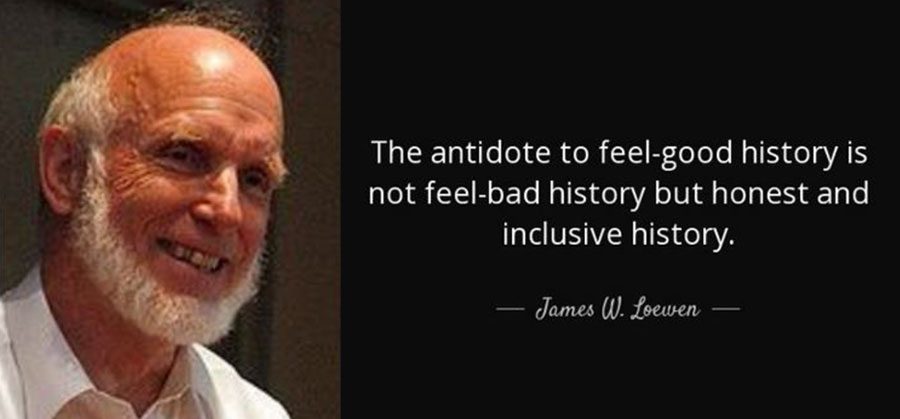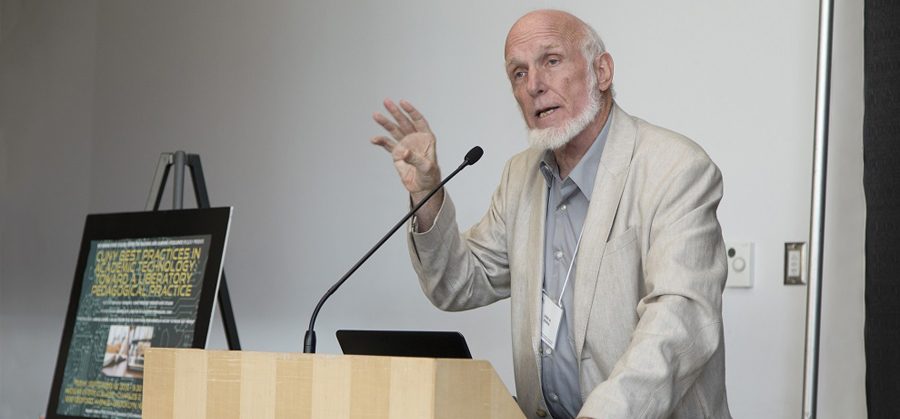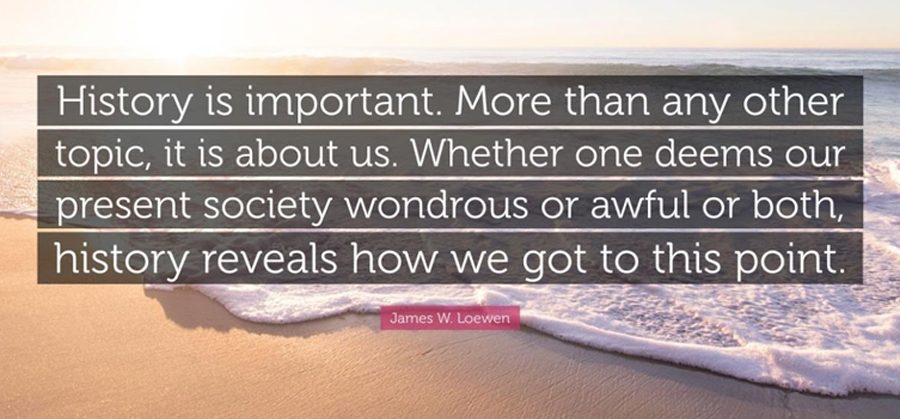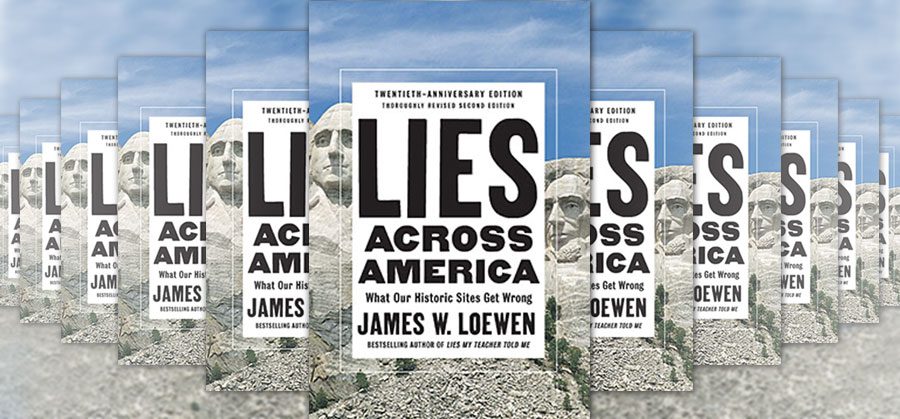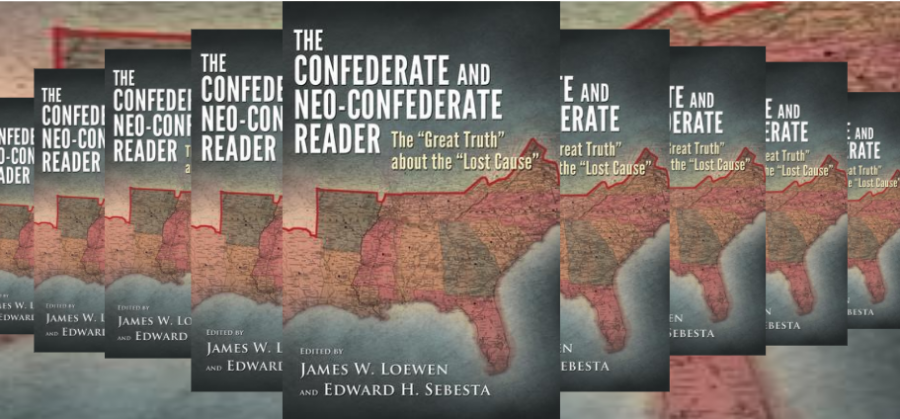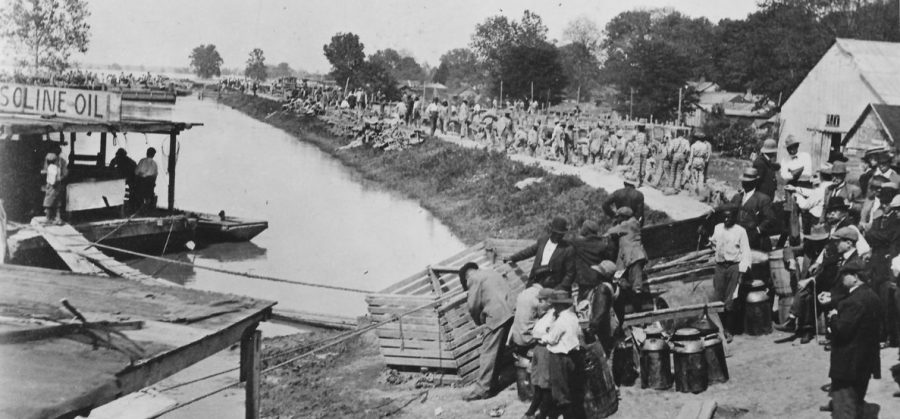Telling the Truth about the Past
“Once you learn something terrible about our past, you can’t unlearn it. And if it’s important, not telling others, not teaching it, makes you complicit with the act itself. There’s no innocence — only honesty.” – James Loewen

Across the nation, when asked “What’s your favorite course?” students usually rank U.S. history last. Here’s how to fix that.
College professors assign Lies My Teacher Told Me in American studies, education, English (rhetoric, composition), history, philosophy, and sociology. Teaching What Really Happened is used in education. Here are hints on using them.
C. Wright Mills said what people need and want is the ability “to grasp history and biography and the relations between the two within society.” That explains the popularity of Lies My Teacher Told Me.
Our public history – monuments, museums, historical markers, the names we give to places and geographic features, the re-enactments of historical events – often get it wrong. Lies Across America and other writings show how. Lies Across America is also available as an audiobook.
Since the U.S. formed, the most important event to happen to it was our Civil War. However, many Americans misunderstand slavery, underestimate its importance, don’t know why the Confederacy seceded, and think Reconstruction ended because it was failing.
In 1963, James W. Loewen went to Mississippi as an undergraduate. In 1997, Stephen Berrey came to the state. Both chose Mississippi because it exemplified social processes in the United States in a more exaggerated, hence clearer, form. Both wrote their first books about Mississippi. Here are items useful for teaching and learning about Mississippi or about the U.S. using Mississippi as an example.
